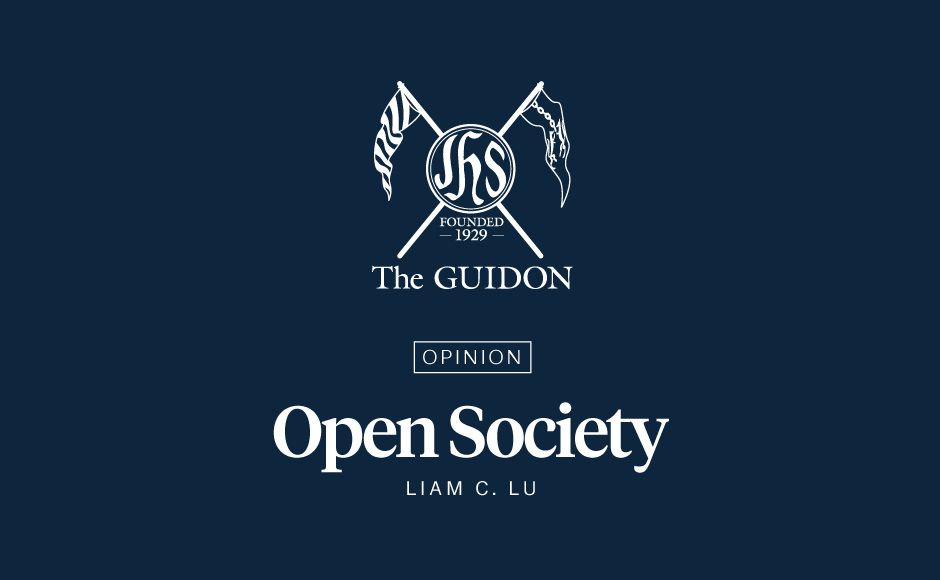INSIDE THE Shoe Museum located in the City of Marikina, the shoes of former First Lady Imelda Marcos are displayed ornately across shelves. At the center of the exhibit hangs an elaborate portrait of Imelda with a painting of her husband looking on.
The exhibit suggests a nostalgia for the days of the Marcos regime, when the talented and graceful diplomat Imelda travelled the world, impressing leaders and advocating for the strong republic at home, while the gifted statesman Ferdinand brought the country to new heights in the Bagong Lipunan.
The Marcoses are remembered fondly in Marikina. Residents look back to a time of peace and order, when discipline ruled and the country was safe from the twin menaces of the oligarchy and communism.
This nostalgia manifested in the 2016 National Elections, where Vice Presidential candidate Senator Ferdinand “Bongbong” Marcos Jr. carried the city, garnering 69,35o votes or 39.2% of the total votes in the city. His closest competitor, Congresswoman Leni Robredo, won 66,558 or 37.6%.
Why such strong support for the legacy of the dictator? The answer is simple: Economics.
In the 1970s, the peak of Martial Law, the shoe industry was protected by high tariff barriers that insulated it from the global market prices. In those times, registered shoe-making firms numbered at around 2,000-3,000. Suffice it to say, Marikina shoes held dominance in local markets.
Imelda Marcos was a vocal proponent for the industry. She advertised Marikina’s wares on the international scene, showcasing its high-quality design and craftsmanship to foreigners.
However, with the advent of the EDSA Revolution came the acceleration of trade liberalization and globalization. Under the succeeding administrations, cheap shoes from abroad displaced local manufactures on department store shelves.
Make no mistake, the shoe industry started showing signs of decline as early as 1965 with the deregulation of the economy under President Diosdado Macapagal, but the post-EDSA administrations accelerated this trend by abandoning the old import-substitution policies.
The post-EDSA administrations opened up the economy, with President Ramos further dismantling tariffs as part of the country’s inclusion to the World Trade Organization.
This devastated the local shoemaking businesses. From a high of 3,000 in the 1970s, an estimated 300 firms now remain. Most of these firms are subcontractors for bigger department stores such as SM and while there are a few large enterprises operating, the industry as a whole remains undeveloped.
For the most part, Marikeños associate this decline with the policies of the post-EDSA regimes. Their policies were ineffective, indifferent, and insensitive to the welfare of Marikeños, especially when compared to the relatively prosperous Martial Law period.
By no means is this an endorsement of the dictator. Instead, let this be a wake up call to leaders in the government that in order for inclusive growth to happen, there must be support for local manufacturing.
The present administration has done much in this regard, most notably when President Duterte showed off his Marikina-made shoes in a Cabinet meeting last July. But if there is to be genuine change as the President as promised, then the welfare of Philippine industry must be taken into account. Mabuhay ang Marikina!







